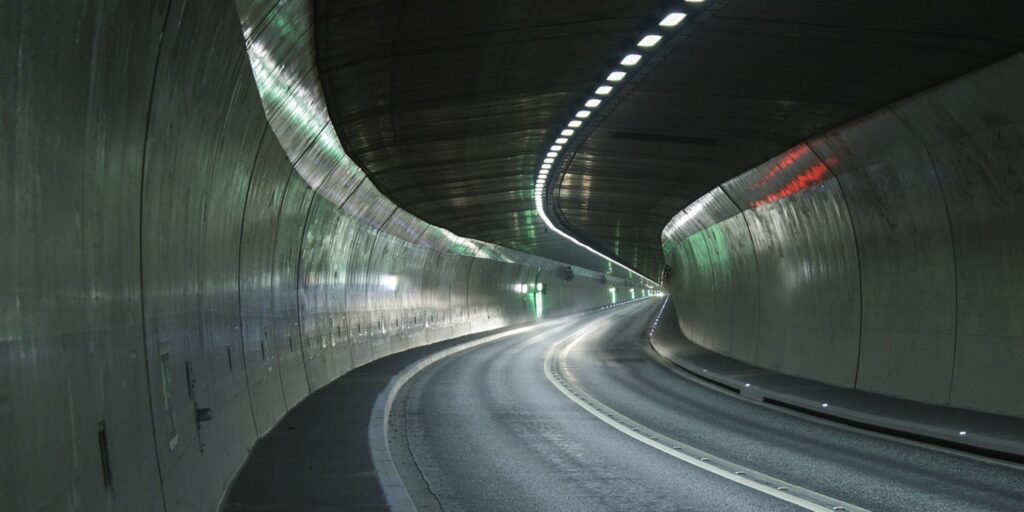Recent Posts
Adani, Tata Join Race for Bengaluru’s ₹18,500-Crore Tunnel Road

Two of India’s infrastructure giants, Adani and Tata are now vying for one of Bengaluru’s most ambitious and debated urban projects: an 18-km underground tunnel road connecting Hebbal to Central Silk Board. Estimated to cost ₹18,500 crore, the project is being promoted as a long-term solution to the city’s infamous traffic woes.
The tunnel, if built, would provide signal-free connectivity across one of the city’s busiest north-south corridors. The aim is to divert vehicular congestion away from surface roads, cut travel time drastically, and offer faster access to tech hubs and commercial centres. The project will be executed under a public-private partnership (PPP) model, with the concessionaire expected to recover investments through toll collection over 40 years.
However, not everyone is convinced. Urban planners and mobility experts have raised concerns about the project’s focus. Critics argue that building such a high-cost, car-centric tunnel in a city already grappling with overdependence on private vehicles may not yield the desired long-term results. They say Bengaluru needs more investment in metro lines, suburban rail, and last-mile connectivity instead of pushing solutions that benefit a small segment of road users.
Moreover, traffic impact assessments and environmental clearances are yet to be made public, leaving many to question the tunnel’s feasibility and actual utility. The absence of comprehensive traffic modelling and integration with public transit systems has only added to the scepticism.
Despite the controversy, the state government appears keen to move forward. With major players like Adani and Tata now in the picture, the tendering process is expected to gain momentum in the coming months.
Whether this mega tunnel will turn into a breakthrough or a missed opportunity remains to be seen.
Recent Posts
Categories
- AP30
- Apartments6
- Bengaluru98
- Budget 202520
- Cement87
- Chennai261
- Construction490
- CREDAI10
- Editors Pick42
- Equipment14
- Events10
- GST5
- Highways44
- Housing80
- Hyderabad34
- Industrial173
- Infrastructure269
- Interiors10
- Iron Ore13
- Karnataka15
- Kerala18
- Land44
- Market Updates159
- Metal7
- Metro72
- Mining5
- MSME7
- News1,296
- NHAI27
- Paints28
- Properties2
- Puducherry4
- Real Estate381
- Road135
- Sand13
- Short News117
- SIPCOT1
- Steel Daily291
- Stocks5
- Tamil Nadu219
- Technology32
- Telangana11
- Trade2
- Trending News903
- Video1
Related Articles
TNRERA Tightens Rules: Builders Must Deposit Extra 20% for Project Extensions Beyond One Year
To curb project delays and protect homebuyers, TNRERA has made it mandatory...
BySamrita JosephAugust 5, 2025Gadkari Targets Sub-10% Logistics Cost by December, Launches ₹5,235 Cr Road Projects in Andhra
Union Minister Nitin Gadkari has once again put the spotlight on India’s...
BySamrita JosephAugust 5, 2025DPR Underway for NH-765 Four-Lane Expansion from Hyderabad to Dindi
The stretch of 85 km of National Highway-765 from Tukkuguda, near Hyderabad,...
ByKanmani ChokkalingamAugust 5, 2025India’s Construction Equipment Industry Embraces Smart Tech for Future-Ready Growth
A new dawn is ushering in India for the construction and infrastructure...
ByKanmani ChokkalingamAugust 5, 2025













Leave a comment